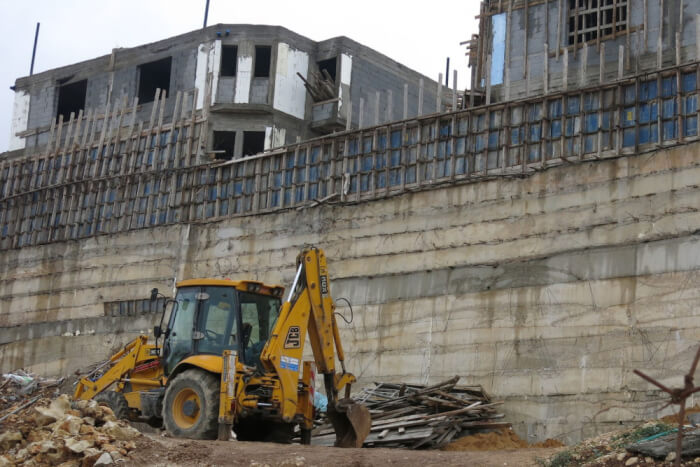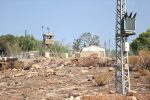Post Apartheid South Africa applauds criticism of settlements
The Government of South Africa, a nation that had been saddled with the world’s greatest racist system of government, Apartheid, for many decades, applauded the passage of a resolution by the UN Security Council condemning Israel’s continued expansion of illegal and racist settlements as obstacles to peace. Many of Israel’s policies are compared to the apartheid system that enslaved Blacks in the African nation and Israel is often denounced as embracing apartheid-like policies to suppress Christian and Muslim Palestinians.
Here is the statement from the South African Government which joins a growing legion of world nations that have stood up to Israeli bullying and its racist settlement system:
The South African Government welcomes the adoption, on 23 December 2016, of United Nations Security Council Resolution 2334 condemning the continued illegal settlement activities of Israel in the Palestinian West Bank.
The resolution condemns “all measures aimed at altering the demographic composition, character and status of the Palestinian Territory occupied since 1967, including East Jerusalem.”
Commenting on the adoption of this landmark resolution, the Minister of International Relations and Cooperation, Ms Maite Nkoana-Mashabane, stated that “This decision by the Security Council is long overdue and emphasises the illegal nature of activities undertaken by the Government of Israel that include the building of settlement, the confiscation of land, the demolition of Palestinian property and the displacement of Palestinians.”

Illegal Israeli settlements continue unabated and have led to a fragmentation of the West Bank and continue to threaten the feasibility of a contiguous Palestinian state. Consequently, the adoption of Resolution 2334 is a significant development because the Resolution not only stresses the urgent need for the cessation of the settlement activities as essential to salvage what is left of the two-State solution, but also emphasises once again in the strongest terms that the Security Council will not recognise any changes to the internationally agreed lines of 4 June 1967 as the basis of a negotiated settlement.
As a member state of the UN, Israel is obliged under Article 25 of the Charter, to comply with the decisions of the Security Council and South Africa urges Israel to adhere to all its obligations under international law. It is the view of the South African Government that the continued settlement activities in fact undermine Israel’s immediate and long-term security prospects and contributes to the radicalisation of the region.
This is a landmark decision and it is the first time since January 2009 that the Security Council has been able to adopt a decision on the Middle East Peace Process. The previous attempt to condemn Israel’s settlement in February 2011 failed due to the veto of the United States. As a member of the Security Council at the time, South Africa emphasised that: “the Council has an obligation to ensure that the peace process moves forward and that the Council should respond to obstacles, such as the illegal settlement activity, which hampers the peace process, and thus poses a threat to international peace and security.”
We trust that this Resolution is the beginning of a new phase of active engagement of the Security Council in the Peace Process.
South Africa reiterates its call for all efforts to kick-start the stalled negotiations and to do so in a balanced manner that will urge the parties to start engaging in the final status issues. South Africa remains committed to providing both sides with support needed to achieve a lasting resolution of the Question of Palestine based on all relevant UN resolutions and within the framework of international law.


- Israelisnipers shooting and killing hospital workers in Gaza - December 11, 2023
- CAIR Condemns Israeli Executions of Wounded, Unarmed Palestinian in West Bank - December 11, 2023
- Arab and Muslim American voters face a “simple choice” between Biden’s inhumanity and Trump’s edgy politics - December 9, 2023























